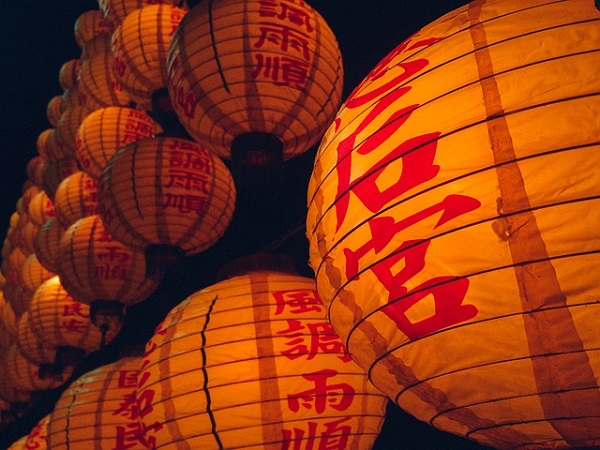
0800 377 7507
Get in touchCelebrating Chinese New Year
With the Chinese New Year (8th February) just around the corner, MOLLY MAID, the professional domestic cleaning experts, suggest that there is no better time to embrace the culture and join in the celebrations, by gathering a crowd of friends including children to celebrate at home.
The origins of this festival go back thousands of years. The Chinese New Year, also called the Spring Festival as it falls between the December solstice and the March equinox, may be celebrated for up to two weeks and traditionally marks the start of a new cycle of sowing and other farming activities in China. Below are some useful tips on how to prepare for the celebrations and enter into the spirit:
How to prepare for Chinese New Year:
- It is customary to give your home a good clean prior to welcoming guests and relatives into a home. So, if you’re short on time, call in the experts at MOLLY MAID.
- After the cleaning, people will decorate the house to welcome the New Year. Most of the decorations are red in colour. The most popular New Year decorations are upside down fu, dui lian, lanterns, year paint, papercutting, door gods. This year marks the year of the Monkey.
- Prepare various ‘symbols’ associated with The Chinese New Year such as Red envelopes (hong boa) which are traditionally filled with money given only to children. The colour red denotes good fortune and happiness in the Chinese culture and therefore is often worn or used for decoration. The dragon is another typical symbol as Chinese people often consider themselves descendants of the mythical creature. It represents prosperity, good luck and fortune.
Traditional Foods:
- The New Year’s Eve dinner is the most important dinner for the Chinese. Normally, this is the family reunion dinner, especially for those with family members away from home. In the New Year’s Eve dinner, customarily, whole fish will be served.
- Dumplings are the most important dish in Northern China and very popular. These two dishes mean “prosperous.”
- Jai is a vegetarian dish is eaten because it’s ‘part of the Buddhist culture to cleanse yourself with vegetables.’ It’s also packed with good-luck foods: sea moss for prosperity; lotus seeds for children/birth of sons; noodles for longevity; lily buds to ‘send 100 years of harmonious union’; Chinese black mushrooms to ‘fulfill wishes from east to west’.
- Tang Yuan is a small ball made from glutinous rice flour. Glutinous rice flour is mixed with a small amount of water to form balls and is then cooked and served in boiling water. Tang Yuan can be either filled or unfilled. It is traditionally eaten during Yuan Xiao, or the Lantern Festival (the 15th of the first month of the traditional Chinese calendar).
- LaBa Congee is a mixture of rice, nuts, and beans cooked together.
- Nian Goa (New Year Cake) is a solid cake made with glutinous rice flour together with some sugar. This can be found in most Chinese Supermarkets.
- Pomelo is a large citrus fruit is popular because it is thought to bring ‘continuous prosperity and status.’ The tradition comes from the way the Cantonese phrase for pomelo sounds similar to the words for prosperity and status.
So, from MOLLY MAID we wish you a very Happy Chinese New Year; as such there are a various ways of saying this:
Wan Shi Ru Yi: everything follows your will
Ji Xiang Ru Yi: harmony and everything follows your will
Sui Sui Ping An: harmony and safety year around
Gong Xi Fa Cai: congratulations and prosperity.
